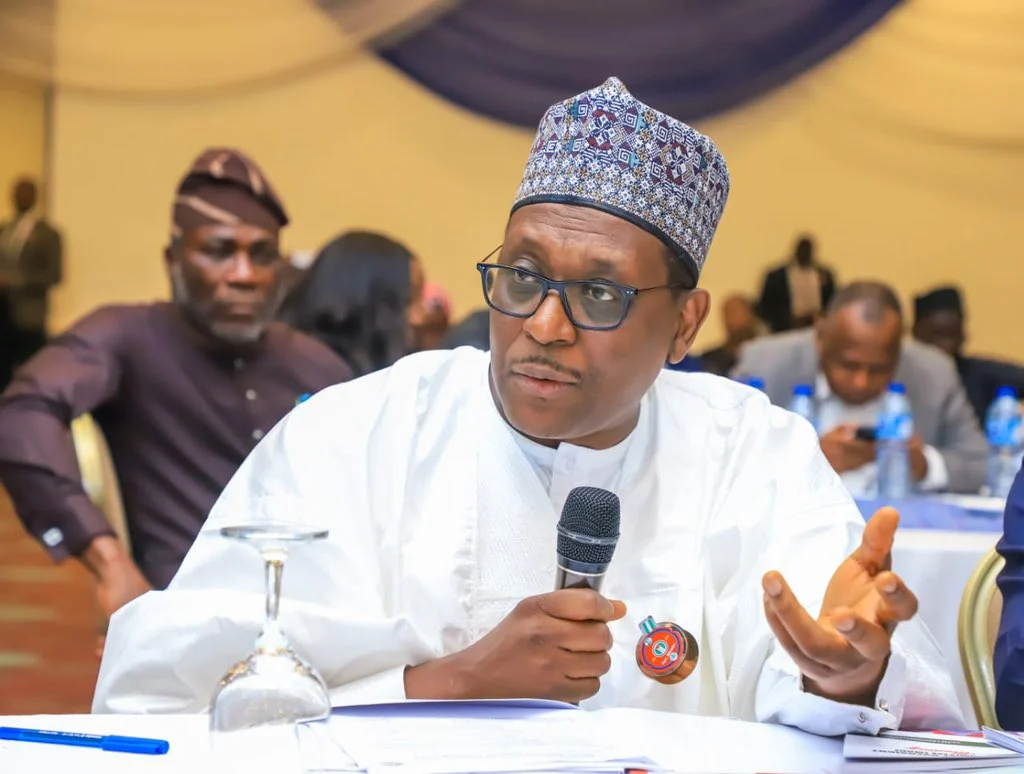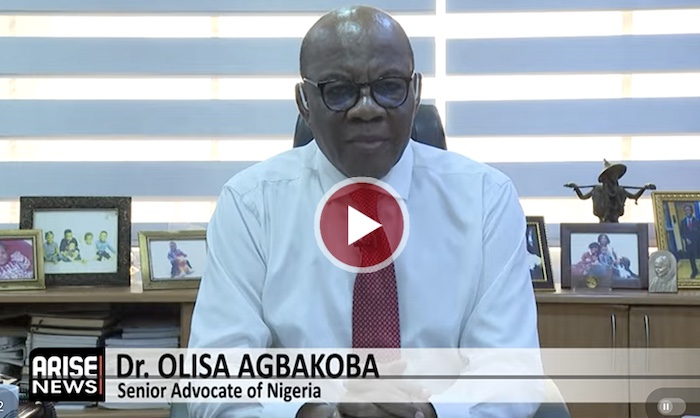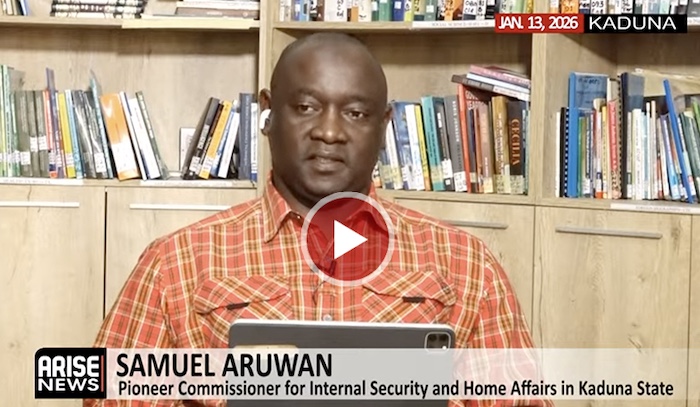
As part of efforts to expand universal health coverage, the Nigerian government has raised health insurance fees and streamlined patient referral processes.
The health insurance capitation fee for enrollees has been doubled from N750 to N1,450 per person. Ali Pate, Coordinating Minister of Health and Social Welfare, said the move aims to strengthen service quality and expand access to affordable care.
“This aligns with President Bola Tinubu’s renewed hope agenda and Nigeria’s goal of achieving universal health coverage by 2030,” Pate said. “For years, the capitation stood at N750 per person. We have doubled it to N1,450 to ensure providers are properly equipped to deliver consistent, high-quality care”.
Fee-for-service rates have also been increased by 380 percent to reflect current costs and improve care standards. “These adjustments are based on actuarial evidence to align cost-reflective rates with quality requirements”. Pate explained.
Highlighting the need for expanded insurance, the minister noted that out-of-pocket payments still account for about 70 percent of health spending. “Expanding insurance coverage is the surest way to reduce this burden,” he said.
In 2024, more than 2.4 million Nigerians were newly enrolled, bringing total coverage to around 20 million people.
To improve efficiency, the government has introduced a one-hour referral authorization code to reduce delays in transferring patients from primary to specialist care. Pate also directed the National Health Insurance Authority (NHIA) to conduct covert “mystery shopping” to monitor healthcare providers and ensure enrollees receive proper treatment.
He added that ongoing reforms under the Basic Health Care Provision Fund (BHCPF) and the NHIA are boosting patient confidence and driving wider adoption of health insurance.



